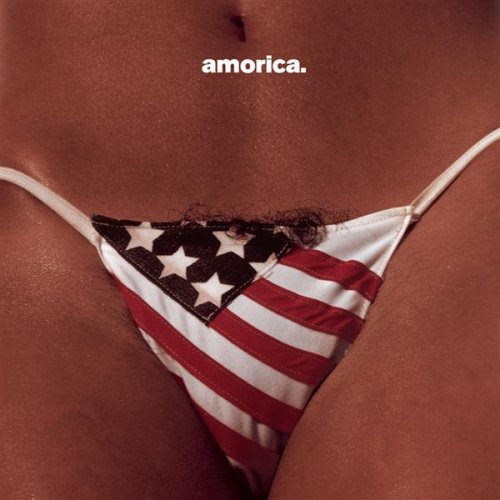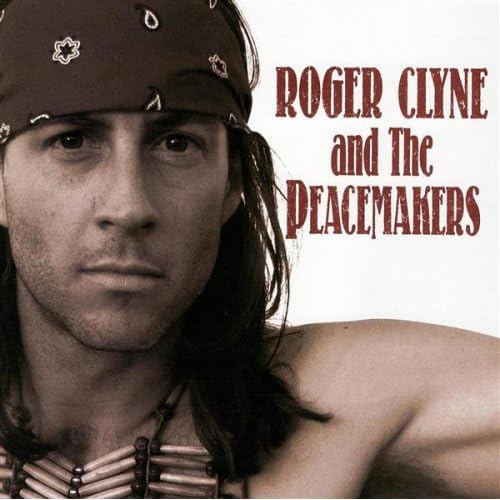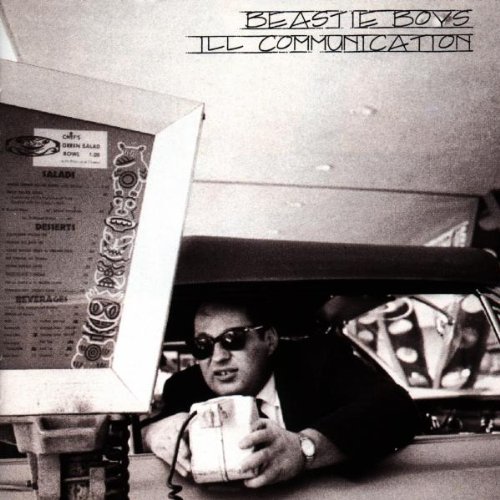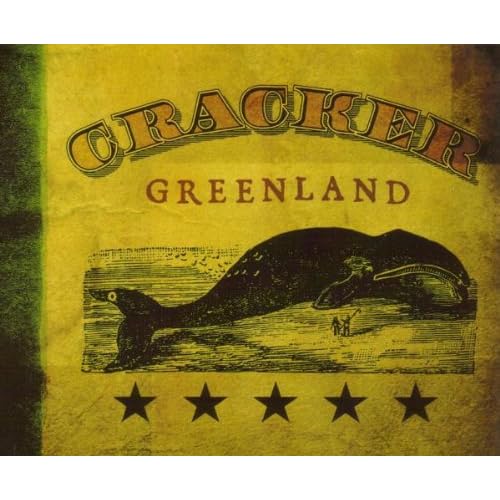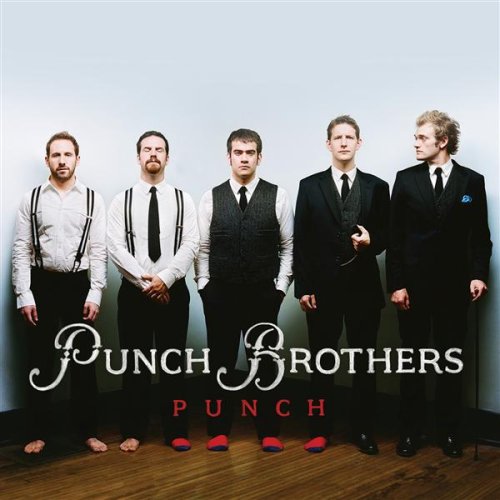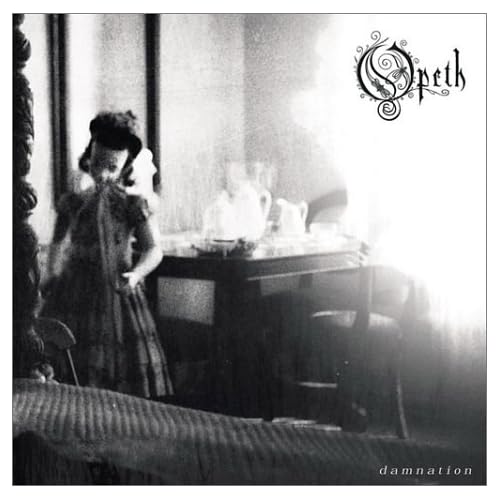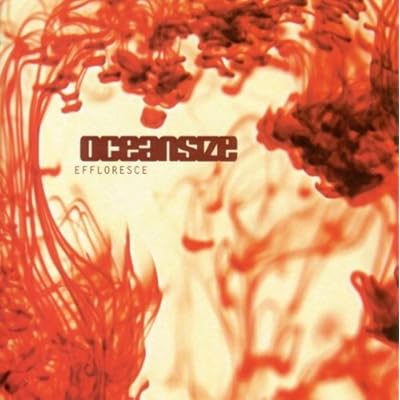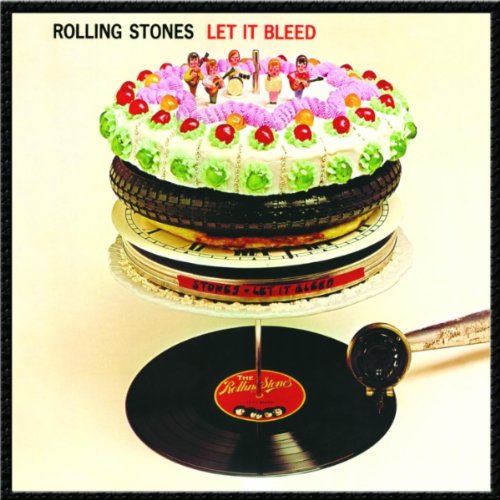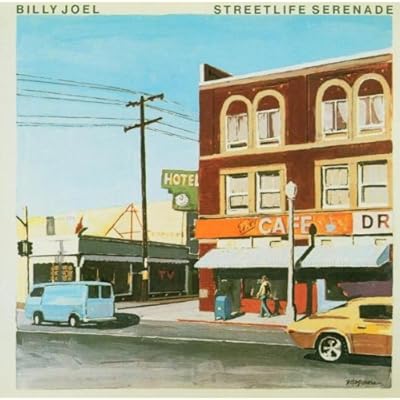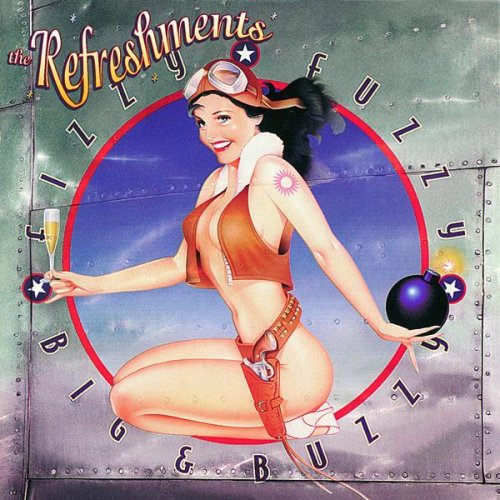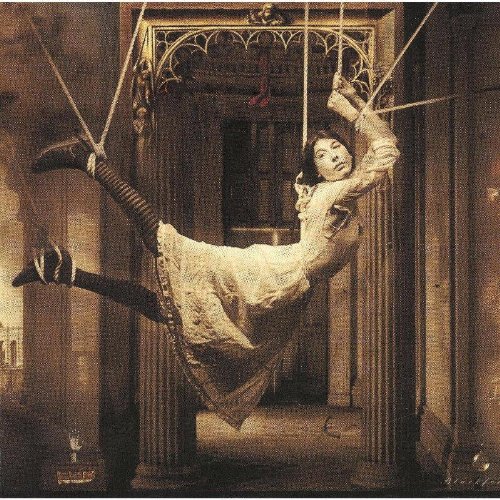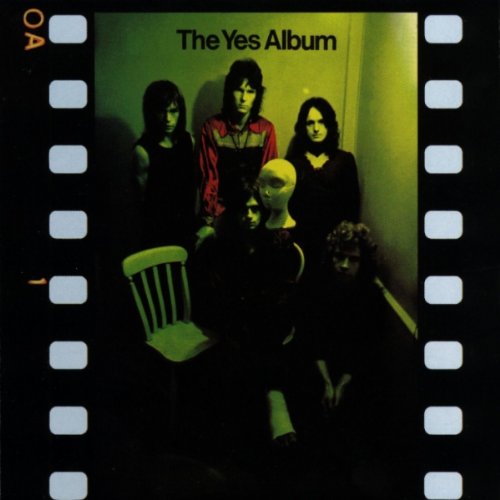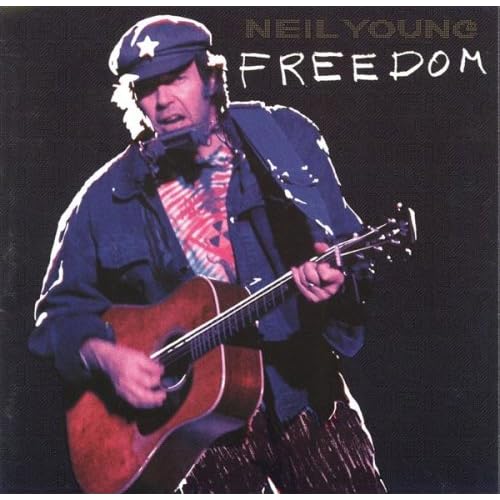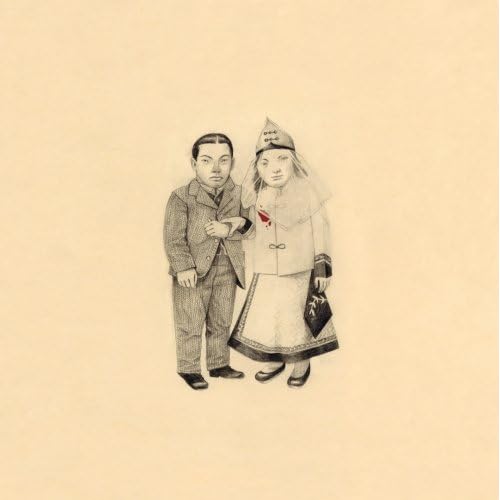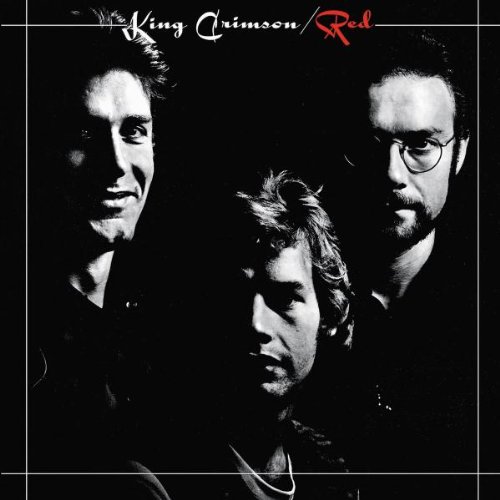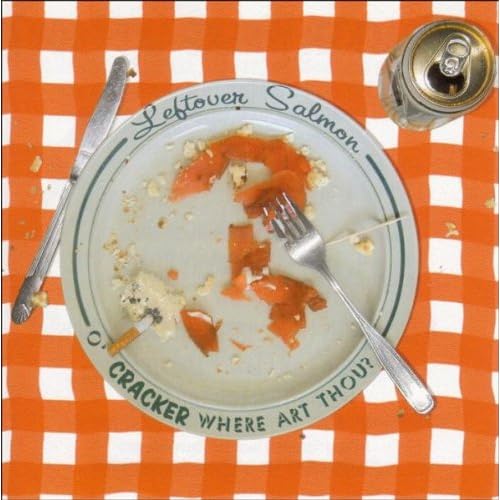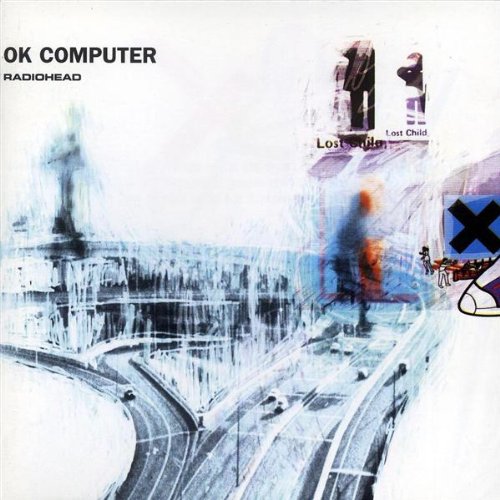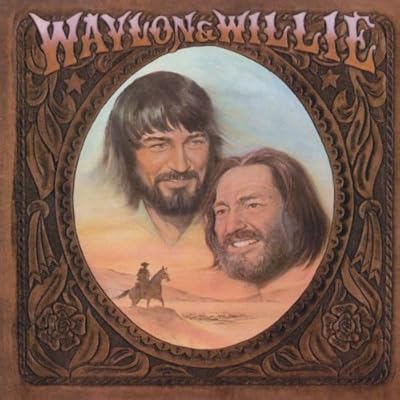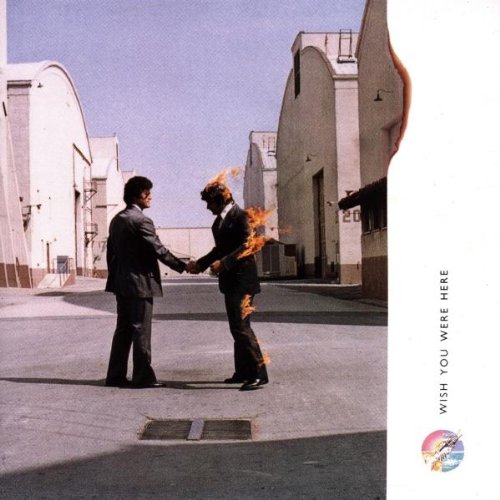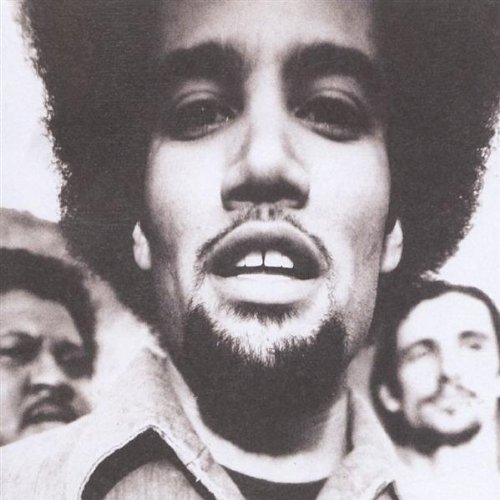In 2005, I was heavily into the progressive metal scene, and one of the bands that had a small, but devout, following was Pain of Salvation. This was their most recent album at the time, so I decided to check it out... And I didn't like it. I found it overindulgent, and lacking any real structure.
Two years later, I finally decided to check out some of their other work, and I liked it. I went back to BE, and perhaps I was just in a different place, but I liked it. It is still overindulgent and lacking any real structure, but it is awesome. I think Daniel Gildenlöw has earned the right to be overindulgent.
BE is a concept album about the existence of God and humankind. All of the track titles are in a sort of pseudo-Latin, referencing the classic language of theological discourse. The music is incredibly varied, with styles ranging from spoken word, to Medieval folk, to metal, to straight piano. There are really only five to seven normally-structured songs, connected by thematic instrumentals or limited-vocal pieces.
For this album, Gildenlöw wrote a complete score. The metal parts blend tastefully with the orchestra, and it gives it a depth that does not feel at all contrived. The more I listened to this album, the more I found that the transitions are not filler, but nicely tie the album together.
There are two highlights for me: first, the track "Vocari Dei," which the band created by setting up an answering machine and instructing their fans to talk to the machine as if they were talking to God (and the result is a thoroughly enlightening pastiche of pleas from skeptics, believers, upset people, worried people, children, and apologetic people); and finally, the track "Iter Impius," which is an incredibly beautiful song about a man who is the sole human being wealthy enough to survive human extinction, just to find that he bought loneliness on a barren planet. This is one of my favorite songs ever.
I will admit, I have not immersed myself in this album enough to really understand what it's about, but if you want to be challenged, this is a great record.
Standout tracks:
- Iter Impius
- Vocari Dei
- Lilium Cruentus
- Nihil Morari

